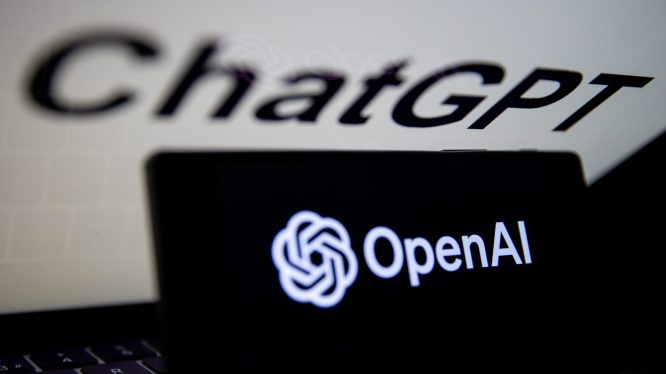OpenAI announced the launch of Study Mode on Tuesday, a new feature within ChatGPT designed to help students develop critical thinking skills instead of simply providing direct answers. When Study Mode is enabled, ChatGPT will ask users questions to test their understanding and, in some cases, withhold answers unless students engage with the material.
The feature is rolling out to logged-in users on ChatGPT’s Free, Plus, Pro, and Team plans starting Tuesday. OpenAI plans to extend Study Mode to its Edu subscribers—primarily young people whose schools have purchased plans for entire student bodies—in the coming weeks.
This move addresses concerns about student reliance on ChatGPT. While studies show AI can be a helpful tutor, there are concerns it may weaken critical thinking skills. A June research paper found that people using ChatGPT to write essays exhibited lower brain activity compared to those using Google Search or no tools at all.
When ChatGPT launched in 2022, its widespread use in schools led to bans in many U.S. districts. By 2023, some schools reversed these bans as educators accepted that AI would remain part of students’ lives.
With Study Mode, OpenAI aims to position ChatGPT as a learning tool rather than just an answer engine. Anthropic introduced a similar feature, Learning Mode, for its AI chatbot Claude in April.
However, Study Mode has limitations. Students can easily switch back to regular ChatGPT for direct answers. OpenAI’s VP of Education, Leah Belsky, confirmed there are no current tools for parents or administrators to lock students into Study Mode, though the company may explore such controls in the future. This means students must actively choose to engage with Study Mode—they must genuinely want to learn, not just complete assignments.
OpenAI describes Study Mode as its first step in enhancing learning through ChatGPT and plans to share more insights on how students use generative AI in education.

